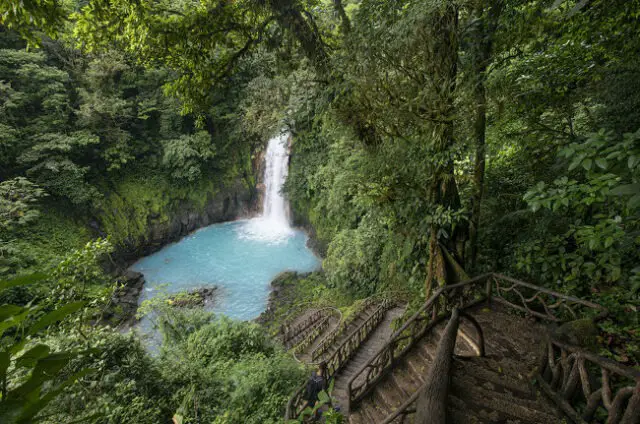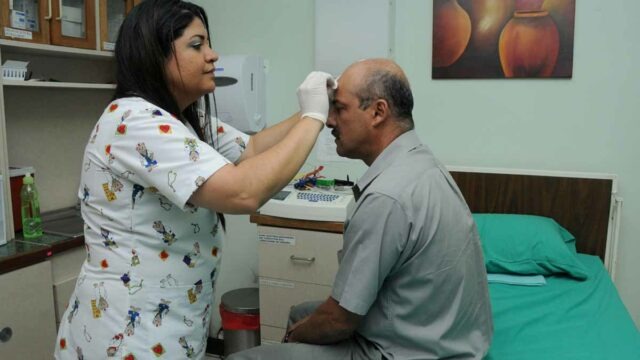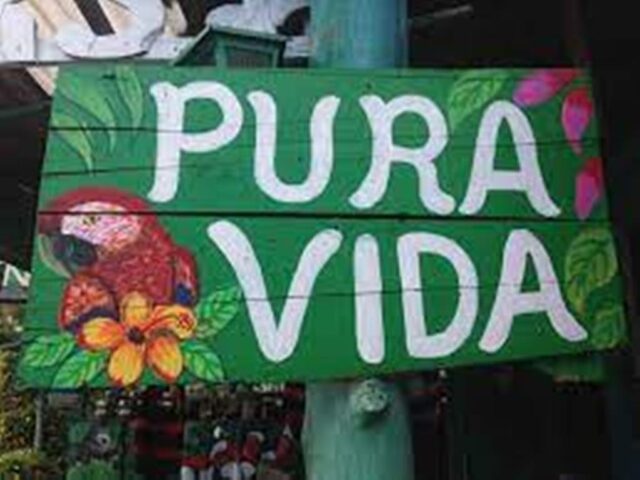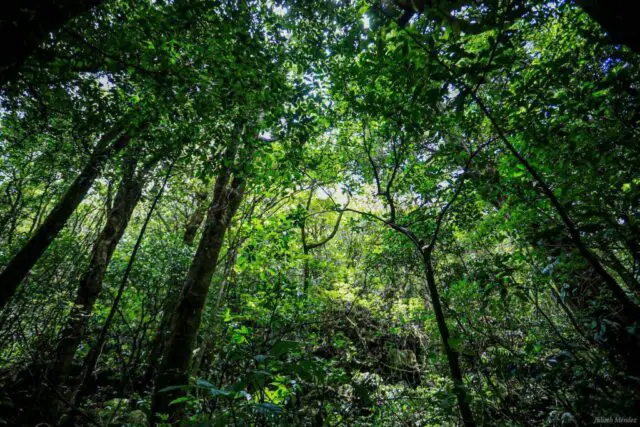Sure, the secret has long been out about Costa Rica’s popularity. But that does not stop millions of visitors and new foreign residents from discovering its special brand of enchantment, lured by the country’s tropical climate; lower cost of living; friendly locals; affordable medical care; vast real estate options; and, of course, its natural beauty for which the country is famous. Located in Central America between Nicaragua and Panama, a region often plagued by political and civil unrest, it is nice to know that Costa Rica remains a beacon of stability, democracy, and that sought-after laid-back lifestyle.
When the government abolished their army in 1948 the world took notice, earning Costa Rica the nickname the “Switzerland of Central America.” That military budget was pledged to education and healthcare. Resulting in education for all and a first-world literacy rate. Plus, healthcare access for all citizens and legal residents with one of the top-rated public healthcare models in Latin America.

This republic is internationally known for its tranquility and commitment to the environment—with roughly a quarter of its land protected as national parks and wildlife refuges. The current democratic government, is considered progressive on most, but not all, political policies. For example, LGBTQ same-sex marriage is legal and women’s rights are mandated. Although readily available, marijuana is not sold legally. Gun laws are also considered strict and possession is only legal for citizens and legal immigrants with permanent residency status. Background and criminal checks, psychological tests, and gun training are mandatory. Hunting is illegal.
Healthcare
There are two healthcare systems within Costa Rica–both public and private. Once you have acquired your residency, you pay approximately 7% to 11% of your reported monthly income into the CajaCostarricense de Seguro Social healthcare system (Caja for short) and this national medical program is available to you without copays, pre-existing exclusions, or age disqualifications.

Residents have the option to blend public healthcare with private medical care either through out-of-pocket self-insuring or with the purchase of private insurance policies. You can purchase these through familiar insurance brand names; priced significantly less compared to a similar policy in the U.S. you will find three JCI-accredited private hospitals in the San José area, as well as numerous private clinics throughout the country. The public system has over 29 hospitals and nearly 250 regional clinics, making it easy to find healthcare no matter where you choose to settle.
Cost-of-living
A couple can live comfortably, but not necessarily extravagantly, here for around $2,000 to $2500 a month. This includes renting a two-bedroom home/condo with North American amenities, air conditioning, plus groceries, entertainment, transportation, and healthcare. If your monthly budget is over $3,000, you will find a relaxed lifestyle with most creature comforts you require.
One of the things you hear often from expats is how warm and welcoming the Ticos (Costa Ricans) are. They are wonderful people, eager to share the magic of their culture, food, and traditions with foreigners. You will also find engaging international communities of expats who will help you through the process of acclimation. The vast majority of new arrivals say it is very easy to make friends and fit in here. People of color are also finding a more peaceful existence in Costa Rica away from the systemic racism associated with the U.S.The Costa Rican government’s official proclamation rejects all forms of racism and discrimination.
“Pura Vida”

Pura Vida is a common Costa Rican phrase. Although it translates to “Pure Life,” this definition merely scratches the surface of a phrase deeply woven into Costa Rican culture, and used to convey anything from “hello” and “goodbye,” to “great news,” “cheers!” And countless declarations in between.
An outdoor playground
Most expats will confirm they are living a healthier lifestyle once they arrive. Costa Rica is an outdoor playground—with no shortage of physical activities on offer, such as fishing, golfing, horseback riding, hiking, surfing, pickleball, and yoga. Plus, it’s easy to create a healthy diet of less processed food and abundantly healthy choices of locally grown fruits, vegetables, organic eggs, seafood, and grass-fed beef. It is no surprise to hear reports about expats having shed unwanted weight, lowering their blood pressure, taking fewer prescription drugs, and having overall better health of mind, body, and soul.
These statistics should come as little surprise since Costa Rica is home to one of only five “blue zones” in the world—located on the Nicoya peninsula in Guanacaste. These zones were discovered by National Geographic longevity researchers in the early 2000s. They consist of regions that have an unusually high population of centenarians (100+ year-olds). Ten times greater than in the U.S. the research confirms qualities such as healthy diets, natural calcium-enriched water, sunshine, active lifestyles, strong familial and friendship ties, and faith contribute greatly to their longevity.
Costa Rica, like all of Latin America, is predominantly Roman Catholic with approximately 75% identifying as Catholic. Even so, Costa Rica is considered quite secular. The government assures religious freedom for all. You will also find evangelicals, protestants, jehovah’s witnesses, and small numbers of jews, mormons, and muslims. Expats who settle in larger international communities will be able to find nearby english-speaking nondenominational churches for worship.
Perfect climate
With a dozen official climate zones and hundreds of microclimates, there is some place for everyone’s personal weather preferences. Many people prefer the temperate “eternal spring” climate of San José, the capital, and the surrounding central valley. Other popular choices are the dry, hot beaches of Guanacaste, or the lush, green landscape of the jungles in the south and caribbean side.
The pandemic turned the world upside down, and Costa Rica felt similar repercussions. The country is now in a slow economic recovery, with initiatives like the new digital nomad visa and an updated law to attract retirees with perks such as a lower threshold for investors (lowered to $150,000 from $200,000), and the ability to import a shipping container of home goods tax-free, as well as two vehicles—sans the steep import costs. The healthcare system has been extremely strained, but not broken. The indicators point toward Costa Rica continuing to be a good long-term relocation contender—given its protected natural beauty and resources, resilient population, and progressive visionaries—as we move toward a better managed Covid world.



